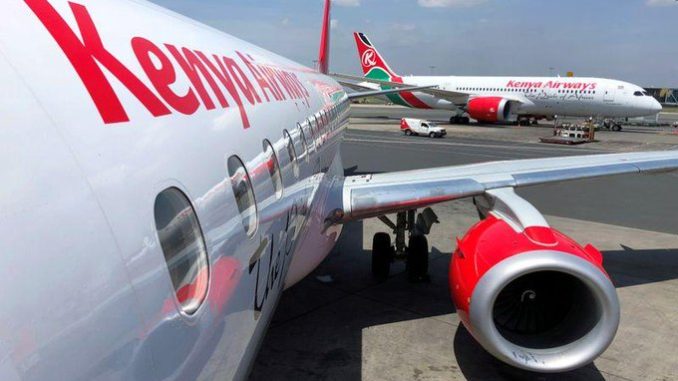Share this
Rwanda and Kenya reopen its skies in time for peak tourism
Nairobi and Kigali are set to resume international flights on 1 August, as the region begins reopening its skies in time for the end-year tourism peak season.
The decision by Kenya and Rwanda to reopen their skies amidst a surge in COVID-19 cases follows similar decisions in Tanzania and South Sudan in June.
Domestic flights in Kenya resumed on 15 July, a fortnight after President Uhuru Kenyatta announced the phased reopening and said the country would adopt a wait-and-see approach to any changes in the preventative measures it has instituted since March.
In late July, Kenyan Transport Cabinet Secretary James Macharia listed 11 countriesthat will be allowed to originate internationally, but added this list would be reviewed daily. Of its five neighbors, Nairobi would allow flights from Uganda and Ethiopia, as well as its East African Community partner Rwanda.
- The exclusion of Tanzania from the list was expected, as the extent and rate of infections in the country is unknown.
- Tanzania stopped announcing official figures of the pandemic in April, and while reopening the country in early June, President Magufuli declared that it was coronavirus-free.
- Although the list also includes Uganda, President Museveni’s administration still has stringent movement restrictions. In his latest update, President Museveni said Uganda’s borders will remain closed “because there is so much chaos in some of these countries abroad.”
- Ethiopia’s response has been more measured, as its airline continued flying to destinations that still allowed flights. By early July, Ethiopian Airlines was flying to 40 destinations.
- While international passengers entering Kenya and Rwanda will be required to have a negative COVID-19 test result, the two countries’ new entry rules differ significantly on the specifics. For example, while Kenya will accept test results produced seven days to arrival, Rwanda’s rules require test results produced 72 hours before.
- Kenya will also not quarantine or re-test passengers unless they are symptomatic,and will rely mainly on temperature checks to determine high-risk travellers. Kigali, on the other hand, will re-test all passengers on arrival, and quarantine them for a day awaiting results.



















